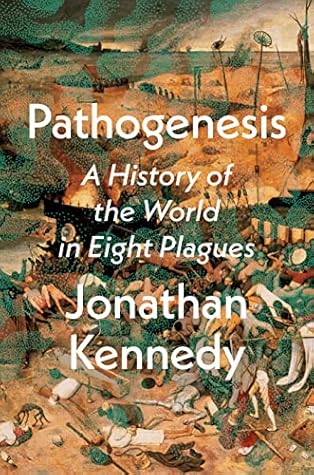In this sense, existential questioning triggered by the Black Death didn’t just lead to the rise of Protestantism but also paved the way for the emergence of secularism.
When COVID-19 became less prevalent and the world moved toward "normalcy", people seemed to question our established "traditions".
For example, office workers - who had been asked to work from home - argued that they did not need to work in-person everyday during the week. Some agrued that they were more productive since they did not have to drive an hour to two hours a day (time that could be alloted to being online instead).
Another example could be seen in the increased automization of our culture. Automatic tellers are seen in most grocery stores, therebycreating a more streamlined shopping expereine. AI messaging and calling-features are more prevalent, thereby reducing the need to go in-person to pay for things. Even dating, which previously relied on in-person communication, has become more popular.
In short, our culture has put a premium on freedom and expediency after the Pandemic. Like our ancestors, we too share a common desire for change.


